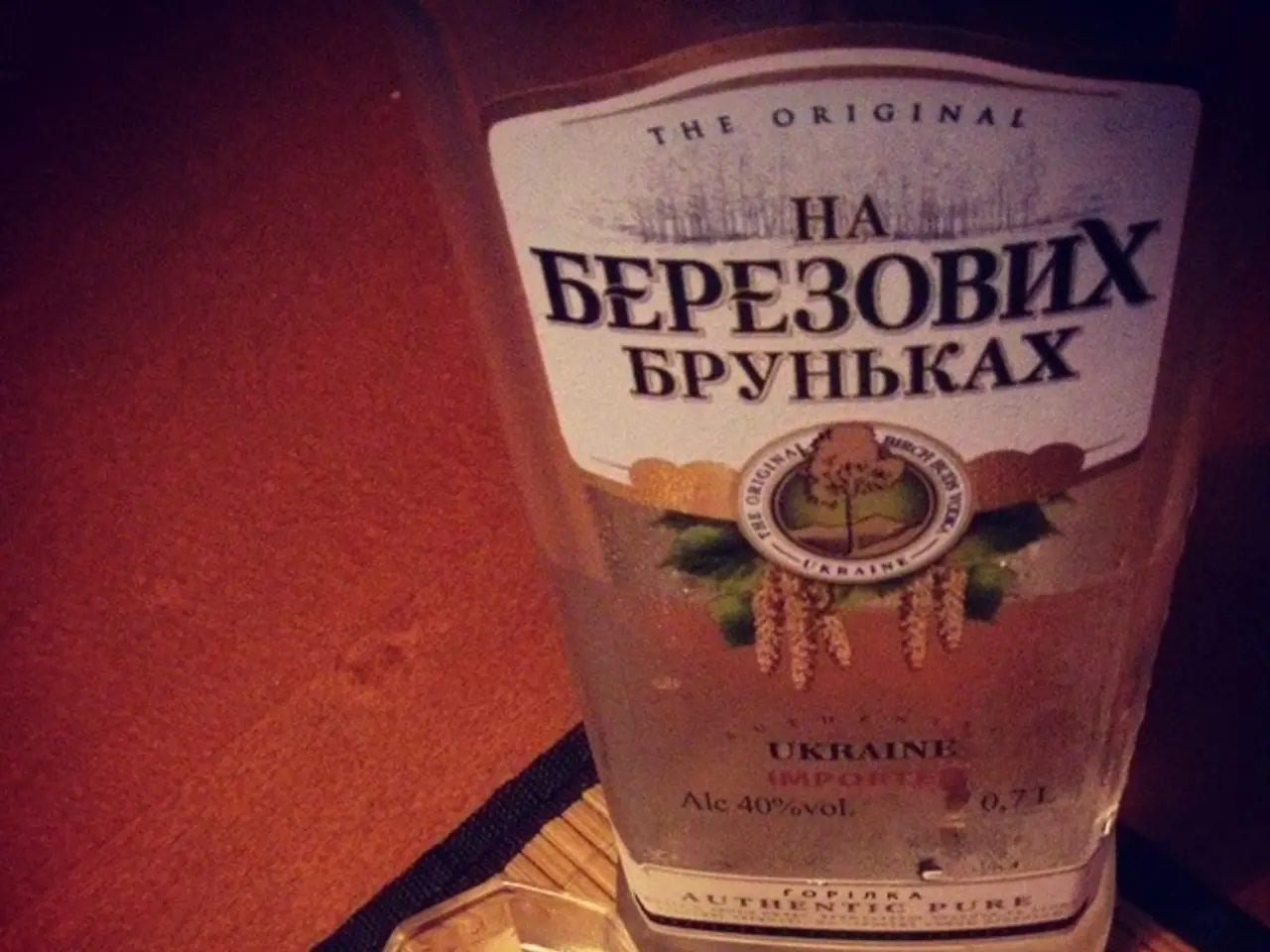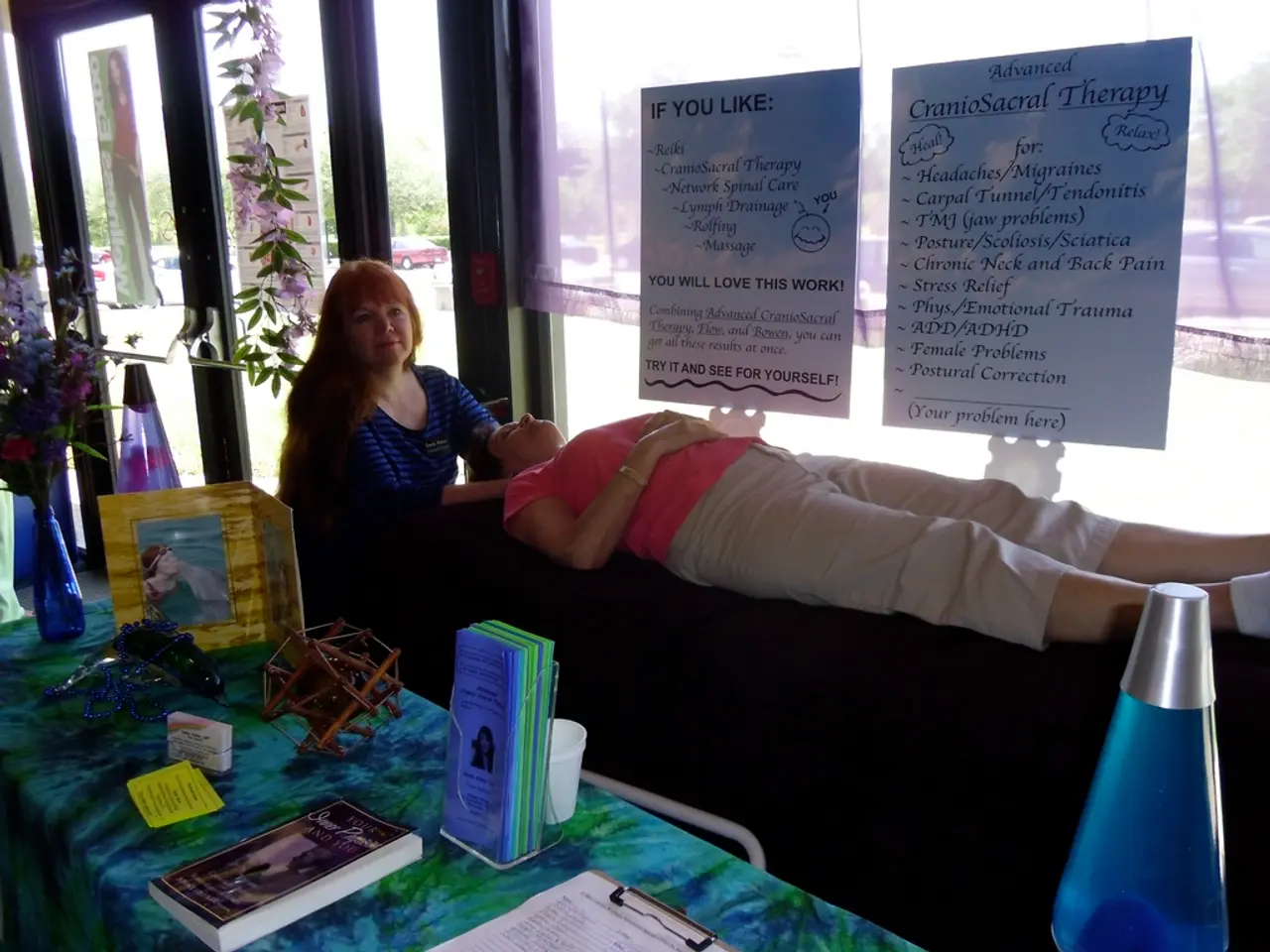Sweating at night and alcohol consumption: Reasons and remedies
Alcohol consumption can lead to a variety of health issues, one of which is night sweats. This article aims to shed light on the connection between alcohol and night sweats, as well as the potential health risks associated with long-term alcohol use.
Night sweats caused by alcohol are primarily linked to its acute effects on the nervous system, blood vessels, and sleep disruption. Alcohol affects the brain areas controlling movement and coordination, which can cause symptoms like tremors and sweating during withdrawal or hangover periods. The alcohol-induced vasodilation, or widening of blood vessels, can make the skin feel warm and trigger sweating episodes. Repeated vasodilation and sweating over time might reflect ongoing cardiovascular stress.
Moreover, alcohol causes poor and broken sleep, which exacerbates night sweats and can lead to fatigue, brain fog, and mood disturbances. Over the long term, sleep disorders related to alcohol may worsen night sweats and overall health.
Long-term alcohol use can also lead to organ damage, particularly affecting the liver, kidneys, and stomach. Liver cirrhosis, for example, can cause systemic effects that might indirectly contribute to night sweats due to inflammation and metabolic dysregulation.
If alcohol use continues long term, the associated organ damage, nervous system changes, and sleep disorders can sustain or worsen night sweats and lead to more serious health complications. Addressing the underlying alcohol use is essential to mitigating these effects.
For those experiencing mild night sweats from occasional alcohol consumption, home remedies such as drinking plenty of water, showering, keeping the bedroom at a comfortable temperature, and removing excess blankets and wearing light pajamas may provide relief. However, for those who regularly experience night sweats, especially if they have additional symptoms such as weakness, severe nausea, and weight loss, it is crucial to make an appointment with their doctor to determine the underlying cause.
It is important to note that alcohol can cause night sweats in people, but other factors such as menopause or medication use can also cause hot flashes and night sweats. In such cases, drinking alcohol may worsen these symptoms.
Moreover, people may mistakenly believe they have alcohol intolerance when the issue is another ingredient in a drink. Doctors may use allergy tests to determine whether alcohol is the issue. In cases of alcohol intolerance, avoiding alcohol can stop night sweats from occurring, and some individuals could improve their symptoms by limiting the amount of alcohol they consume.
In extreme cases, alcohol-induced sweating can lead to nausea, dizziness, and dehydration, particularly during hot weather. People may also be at risk of hypothermia in cold weather due to alcohol-induced sweating.
Night sweats can also be a sign of alcohol use disorder, and people who experience night sweats regularly after drinking may have an issue with alcohol. For those experiencing alcohol withdrawal relating to alcohol dependency, seeking urgent medical attention is advisable. A doctor can provide information and guidance on how to avoid alcohol.
Lastly, it is essential to remember that night sweats can indicate certain types of cancers, and individuals should discuss this with their oncologist if they are concerned.
In conclusion, while occasional alcohol consumption may cause mild night sweats, long-term alcohol use can lead to a variety of health complications, including organ damage, nervous system changes, and sleep disorders, which can sustain or worsen night sweats. Addressing alcohol use is crucial for maintaining overall health and well-being.
- The acute effects of alcohol on the nervous system, blood vessels, and sleep can cause night sweats.
- Repeated alcohol-induced vasodilation may reflect ongoing cardiovascular stress and contribute to night sweats.
- Long-term alcohol use can lead to organ damage, particularly affecting the liver, which might indirectly contribute to night sweats due to inflammation and metabolic dysregulation.
- Sleep disorders related to alcohol may worsen night sweats and overall health over the long term.
- For those who regularly experience night sweats, it is crucial to determine the underlying cause, especially if they have additional symptoms like weakness, severe nausea, and weight loss.
- Other factors, such as menopause or medication use, can also cause night sweats, and alcohol may worsen these symptoms.
- In cases of alcohol intolerance, avoiding alcohol can stop night sweats from occurring, and some individuals could improve their symptoms by limiting their alcohol consumption.
- Night sweats can be a sign of alcohol use disorder, and people who experience night sweats regularly after drinking may have an issue with alcohol, requiring urgent medical attention.




